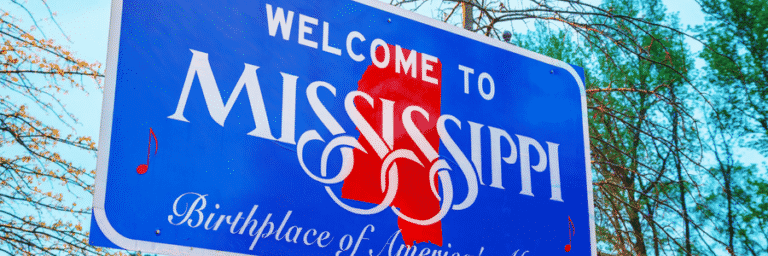Opinion: 3 Reasons Why DFS Industry Regulation Is Coming
Judging by the current debates and talking points being bandied about by both advocates and opponents, it appears the Daily Fantasy Sports industry is rocketing towards a day of reckoning with regulators and state legislatures like NASA’s New Horizons zooming towards Pluto.
At some point in the not so distant future the industry is going to have to deal with attempted regulation.
Nevada regulators have apparently been warning casinos about the nascent industry according to a recent column in the Las Vegas Review-Journal, and several casino executives have started drawing attention to the DFS industry, shining a spotlight on what they clearly consider to be gambling.
Currently five states (Arizona, Iowa, Louisiana, Montana, or Washington) have laws that make DFS type contests ostensibly illegal (DFS’s UIGEA exemption doesn’t trump state law) and it’s likely that other states will seek to clarify their own laws, by either prohibiting or legalizing and regulating the burgeoning DFS industry.
Neither outcome is in DFS’s best interests, as the industry would love to see a continuation of the status quo, at least for the foreseeable future.
It just doesn’t look like the status quo is in the cards for the DFS industry.
3 reasons why regulation might be coming
Fear of scandal
A lot of people like to compare the current popularity of DFS with online poker during the “Boom” era of 2003-2006. While there certainly are similarities, not all of them are positive. One of the most troubling similarities between the two industries is what I’ll call (for lack of a better term) the current self-regulation.
Presently, DFS sites more or less regulate themselves. There is no mention of regulatory bodies on most DFS sites.
Because of this lack of oversight, age and location verification processes at Daily Fantasy Sports sites are minimal, and players only need to be 18 years old in most states to participate.
Additionally, there are no regulatory restrictions imposing specific internal auditing procedures or insuring the segregation of money on deposit from operating expenses.
Essentially, the DFS industry is setting itself up for a scandal, much like online poker sites have dealt with over the years. Online poker scandals ranged from insider cheating at Ultimate Bet and Absolute Poker, to sites using player deposits for operational expenses like Full Tilt Poker and Lock Poker.
For every upstanding online poker website there was another willing to cut corners and take potentially hazardous decisions and risks. It’s doubtful the DFS industry is made up of 100% straight shooters who will do everything by the book despite no one holding them accountable.
A lot of money is going untaxed
The second reason state legislatures are likely to look into legalizing and regulating the DFS industry is one of money, more specifically, the amount of money these states are losing in tax revenue.
DFS companies currently operate like any other business, so while they are tallying millions of dollars in gross revenue, and some have valuations of around $1 billion, because of their marketing spends they are currently posting losses, and therefore likely paying next to nothing in taxes.
By regulating the industry and moving DFS into the gambling category states will be able to tax their gross revenue at whatever rate they decide to impose.
Is DFS gambling?
“DFS is a game of skill and uses a sweepstakes format. It’s not gambling.”
“DFS also has a UIGEA carveout (allegedly) and is only expressly illegal in five states. So it can’t be gambling.”
These arguments are perfectly valid, but they’re also somewhat ridiculous.
People know gambling when they see it, and DFS has the look, smell, sound, feel, and taste of gambling. You can call DFS a game of skill all you want (it is), but anyone without a vested interest in the industry knows it’s gambling.
DFS, like poker, is a beatable game, but the idea being espoused (that DFS is not gambling) seems to be designed simply to confuse lawmakers and the general public with semantics, interchangeable terms, and nuance. Calling DFS a skill game is perfectly logical. Declaring DFS is not gambling shows a level of hubris rarely seen.
Advantage gambling doesn’t eliminate the gambling aspect of DFS.
A game of chess or golf isn’t gambling, but the moment money is wagered on an unknown outcome I have gone from playing golf or chess to gambling on golf or chess. The skill component doesn’t cancel out the gambling component of an activity.
Regulation might make DFS business model unprofitable
The DFS industry is right to be concerned about potential regulation.
For one thing, not every legal expert is sold on DFS’s claims that they fall under UIGEA’s fantasy exemption, or that the industry’s assertion that DFS is a game of skill will save them from the eyes of lawmakers and regulators. Even DFS advocates feel the laws surrounding the nascent industry will require further clarification. And this regulation could destroy the DFS industry.
If these companies are running significant losses without the added burdens (technical, regulatory, and financial) of legalization can they be expected to turn a profit while adhering to stricter safeguards, paying upfront licensing fees, and sending 15% of their gross revenue to the state’s coffers?






